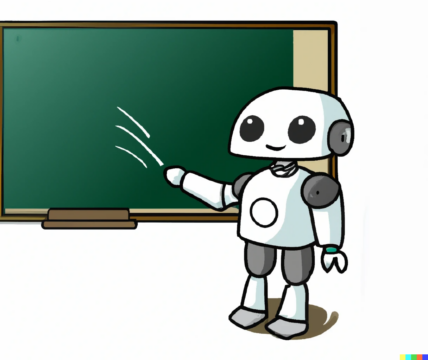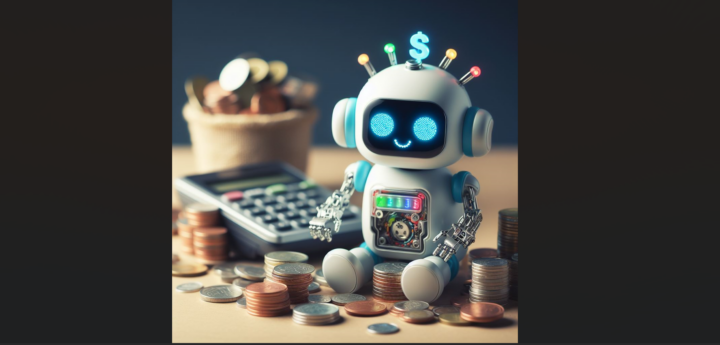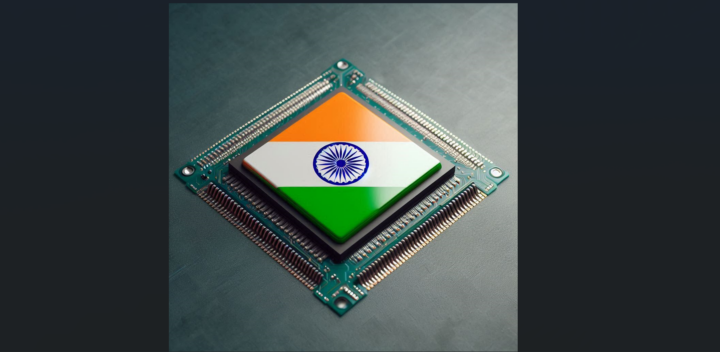Data science, Artificial Intelligence (AI), Machine Learning (ML), have always been buzz words that gained traction for whatever was associated with them. However, as the pandemic is changing the perspective on many markets, business leaders are discovering that data analytics and data science are aspects that can make or break a business.
To find out the significance of data analytics in a post-Covid market, The Tech Panda spoke to Shivaprasad KT, the CEO and Co-Founder of Ganit Inc., a fast-growing data science and AI consulting company that designs smart solutions at the intersection of hypotheses analytics, discovery-based AI, and new data from IoT.

Shivaprasad KT
He says that while the concepts of data analytics and data science have been floating around, it is only after Covid that they became a necessity for a lot of people.
Covid has thrown a curve ball at a lot of people, including retailers. The only thing that has come to people’s rescue is the data and how it can be used to make really important decisions
“Covid catalysed the transformational journey of organisations to be less gut feel driven. For example, retailers were often dependent on their gut feeling when looking at pricing, based on their experience in the market. Covid has thrown a curve ball at a lot of people, including retailers. The only thing that has come to people’s rescue is the data and how it can be used to make really important decisions,” he says.
As most companies now are focusing on short-term gains and goals, they are looking at data on a weekly or monthly basis. They are trying to maximise through short-term gains and goals while still keeping an eye on the overall long-term goal.
Read more: AI in Big Data and Business Analytics is Striding Ahead
“So whatever activities and technology that need to be deployed for short-term gain, the companies are trying to get. The best lever they have at their disposal during this time is analytics, which is exciting for us. And that is what probably has changed the most,” he says.
Data Analytics in the Post Covid Indian Market
Is India making good use of data analytics? How has Covid impacted the trends in analytics and data science in Indian markets? Shivaprasad explains that the Indian market, which is structured differently from the Western market, can be viewed with the perception of three groups.
The first group is the typical large scale companies, which include big companies in retail, FMCG, or pharma. They have their data strategy in place, but not necessarily a data science strategy. While they do collect data, they don’t use the data to the maximum advantage. But at least there’s a starting point.
I always believe that man and machine will need to coexist to drive better decisions and outcomes in data science. The augmenting of man with machine and vice versa will create some amazing and exciting solutions in the future
The second set of companies have sparingly collected data. They know they want to use analytics, because they’ve been hearing about it, but don’t necessarily have the internal capability and the expertise.
The third set of companies in India, which is a combination of both medium and small scale, are still struggling at data strategy itself, and haven’t been thinking about data science strategy.
Analytics Pre and Post Covid
Shivaprasad explains that Covid has changed the way all these groups perceive their need for data analytics. The first set of companies, which were putting in data strategy, have now started taking data science strategies more seriously.
For the companies that did not have a data strategy pre-Covid, particularly around Cloud, Covid has just made it worse for them
The second set of companies are seeing more of their senior management sponsoring and looking at initiatives in data science. The third set of companies, he says, didn’t have the data itself, and thus were unfortunately caught off guard.
The first two groups at least had a Cloud strategy, where in most of their transactional data, customer data, etc. were pushed to Cloud. This means, when the lockdown started, to some extent, they could work from home, make certain analysis, make certain reports, and still maintain their business.
“For the companies that did not have a data strategy pre-Covid, particularly around Cloud, Covid has just made it worse for them,” he says.
An Analytical Future
What can we expect from this field in the future? Can there be something more than what there is right now?
Shivaprasad expects that in the future, decisions will precede the choice of technique for gaining the data.
“I’m expecting that decisions may come first in the sense that, ‘Hey, we need to make this decision and this is the value we need to create. Then let’s think about the technique,” he explains.
My projection is that people will start realising the fact that while it is a magic box, it should not be a black box. The companies who will realise this faster will be more successful. And also the data scientists who will realise this faster will be more successful
He thinks that the companies that can think about decisions rather than techniques will thrive better than other companies. Also, from a talent perspective, he says that data scientists should not be happy if they just find a solution in the market.
“They should go and understand the math and the technology behind the solution rather than just blindly trusting it. My projection is that people will start realising the fact that while it is a magic box, it should not be a black box. The companies who will realise this faster will be more successful. And also the data scientists who will realise this faster will be more successful,” he says.
He also sees data science as a journey towards augmented intelligence, where we create a world where man and machine, instead of competing, coexist.
“I always believe that man and machine will need to coexist to drive better decisions and outcomes in data science. The augmenting of man with machine and vice versa will create some amazing and exciting solutions in the future,” he says.
He reiterates that the progress resulting from such a coexistence won’t be limited to autonomous cars and medical research, but will go on to Rare Event Modeling (REM), i.e., predicting rare events like earthquakes, improving sectors like disaster management.












